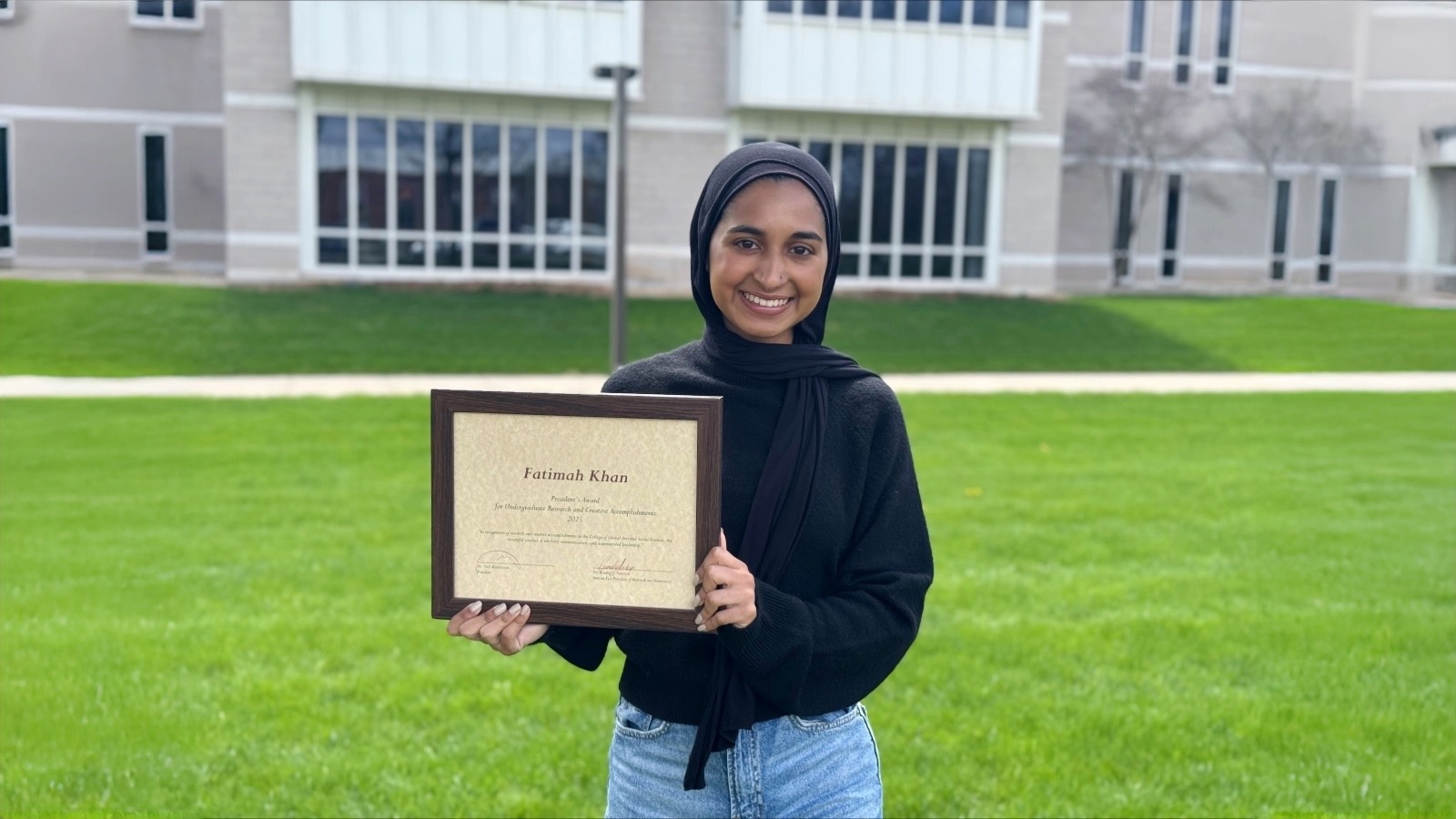
Start up
Passion. Potential. Pitches. Don't miss any of the 2025 New Venture Challenge excitement.
Tune in Friday, April 11 at 1 p.m. for great ideas and fierce competition. Then, join the judges, mentors, spectators and teams as they see who is going home with thousands of dollars in venture financing. The awards broadcast begins at 6:30 p.m. and one team will walk away as the overall best venture.
Central Michigan University’s College of Business Administration is the home of the Isabella Bank Institute for Entrepreneurship and the first Department of Entrepreneurship in the state of Michigan. We are a student-centric hub where experiential, curricular, and external entrepreneurial opportunities intersect.
Our mission is to maximize student success by fostering a campus-wide entrepreneurial mindset that promotes inter-disciplinary collaboration and the creation of new ventures.
We aim to create innovative programming, boost cross-campus and ecosystem collaboration and provide a comprehensive mentoring program.
Our institute provides extracurricular opportunities and is open to all undergraduate and graduate CMU students.
Are you interested in becoming an entrepreneur?
Every journey is unique. Explore the opportunities that interest you.
Gifted students may excel in the classroom, but many quietly struggle with challenges far beyond test scores. Difficulty connecting with those around them and a heightened risk of bullying are common hurdles for these young learners. Hoping to bring awareness to these issues, Fatimah Khan, a senior public health student at Central Michigan University, set out to identify best practices on how to support the social and emotional development of gifted youth.
Researching gifted programs around the world, Khan found that specialized programs providing gifted students with experiences that go beyond the basic elementary school curriculum helped to improve social maturity and self-concept.
Additionally, Khan found that supportive family dynamics play pivotal roles in improving student outcomes by nurturing both academic success and emotional well-being. "A lot of gifted young people think differently than their peers and can feel isolated," Khan explained. "Our research highlights how these programs can positively shape their social development."
Khan’s efforts resulted in co-authorship of a recently published article alongside her mentor, School of Health Sciences professor Frank Snyder, Ph.D., which was published in Gifted Education International. "It was a great opportunity to get involved in research and writing," Khan said reflecting on months of intensive literature review and analysis.
Khan’s dedication to research also earned her a 2025 President's Award for Undergraduate Research and Creative Accomplishments, recognizing her meaningful contributions to the field.

For Khan, the project reinforced the vital role research plays in bridging the gap between theory and real-world impact, ultimately helping to build healthier, more inclusive communities. Acknowledging that there’s still a gap in understanding how these programs impact psychosocial behavior, she hopes to continue exploring the field. Upon graduation, Khan will pursue her Master of Public Health degree at Emory University.

Explore special opportunities to learn new skills and travel the world.

Present your venture and win BIG at the New Venture Challenge.

Boost your entrepreneurial skills through our workshops, mentor meetups and pitch competitions.

Learn about the entrepreneurship makerspace on campus in Grawn Hall.

Present a 2-minute pitch at the Make-A-Pitch Competition and you could win prizes and bragging rights!

Connect with mentors and faculty who are here to support the next generation of CMU entrepreneurs.

Are you a CMU alum looking to support CMU student entrepreneurs? Learn how you can support or donate to the Entrepreneurship Institute.